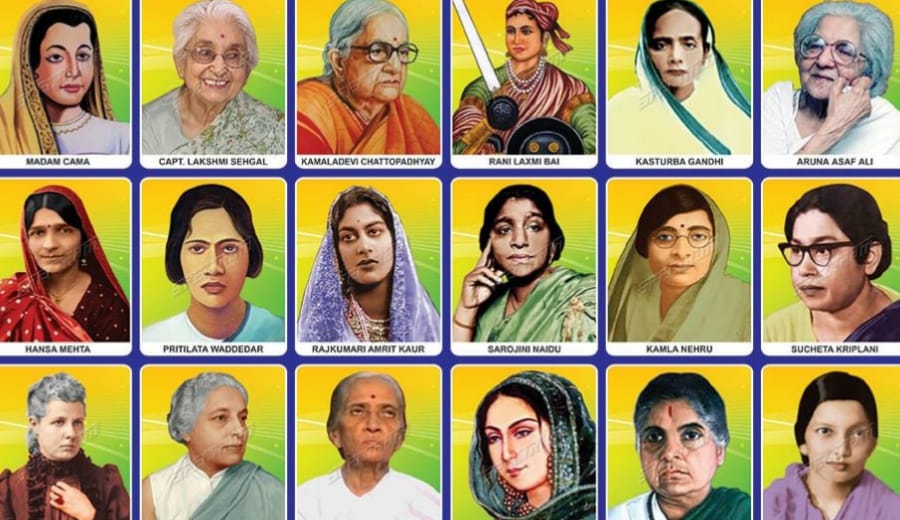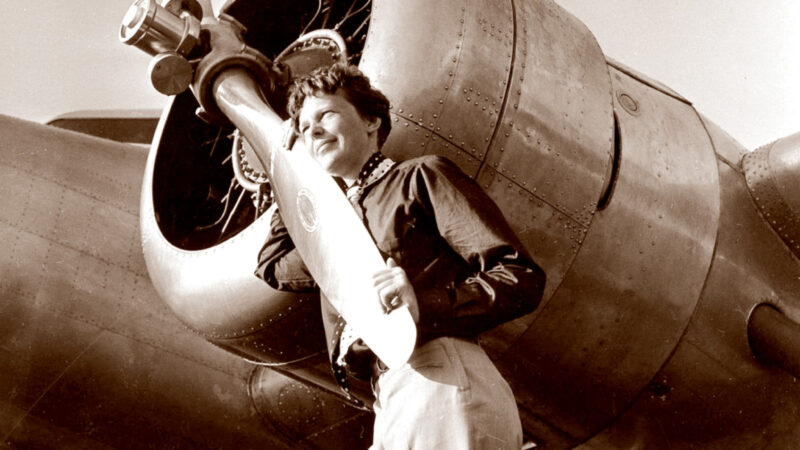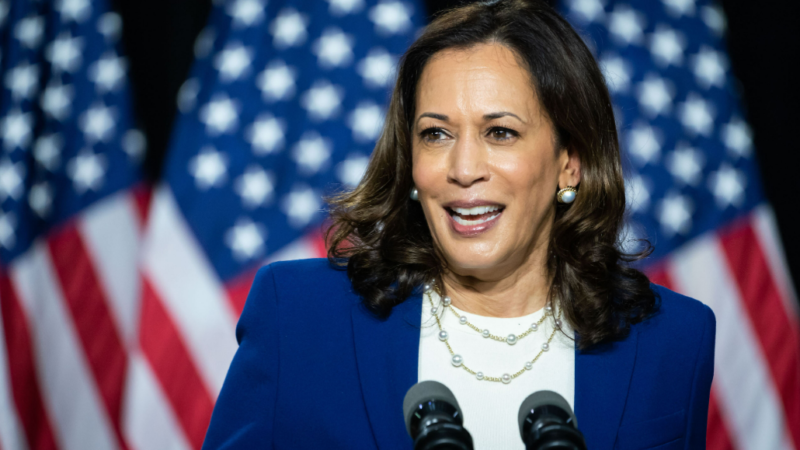The 3 Tribal Ranis: Shapers of the Indian Republic

Have you ever thought that after India gained independence on 15th August 1947, what took a span of 2 years 11 months and 18 days to announce India as a ‘Republic’ on the 26th January 1950?
The Constitution of India was critically written down by its makers after considering the ethnicity, multiplicity in religions, diversity in culture. The outcome of this process of extensive brainstorming was the reaching of the milestone of a “Sovereign, Socialist, Democratic, Republic”. However, the term “Secular” was also added to this remarkable combination of political notions by way of the 42nd Amendment to the Constitution of India. The term ‘Republic’ signifies the wilful exercise of common people’s discretion in the process of electing their leaders by themselves.
Needless to say, this achievement of 395 articles and 8 schedules accruing to the lengthiest constitution of the world, was not a result of only male-centric efforts. There were prodigious number of mighty women involved in the struggle for attainment of republic in 1950.
Following are the 3 Indian women who played a vital role in the formulation of the present-day concept of Republic:
- Rani Chennamma:

Being acknowledged as the first woman independence activist of India, Rani Chennamma was well-known for her gallantry and might. She has been an exemplary source of encouragement to women to collectively act against the undue British force.
Due to the prevalence of the Doctrine of Lapse, which implies that if a ruler of a dependant state deceases without a child, then his estate shall be transferred in the name of the sovereign, the adopted son of Rani Chennamma was not welcomed by the British East India Company. The British underrated her vigour and encountered her fighting bravely against them.
The Britishers tried taking an inferior step against her by sending their forces to plunder the riches of the Kittur kingdom, the dynasty of Rani Chennamma. However, the troops and forces sent were dreadfully vanquished.
- Rani Durgavati:

Known as the brave Gond queen, she combated from surrendering to Emperor Akbar and fought till the very culmination of the battalion. Her prepossessing spirit made her a distinguished leader with sterling administrative skills.
Like her husband Dalpat Shah, Rani Durgavati manifested her to be an efficient ruler, taking full care of her subjects and her kingdom. She had and maintained a gigantic army of 20,000 cavalry, 1000 war elephants, enormous number of soldiers.
Rani Durgavati is remembered till date and in her reminiscence the Government of Madhya Pradesh renamed the University of Jabalpur as Rani Durgavati Vishwavidyalaya in 1983. Also, in 1988, the Government of India paid commendation to the fearless Rani Durgavati by issuing a postal-stamp honouring her martyrdom.
- Rani Gaidinliu:

Rani Gaidinliu is a legendary freedom fighter who was an epitome of independence, determination and courage.
She proclaimed, “We are free people, the white men should not rule over us….”. Rani Gaidinliu’s immense attachment to the Indian government could be unambiguously noted by way of her dedication an sinew against the British. Her brave oblation of life and patriotism is unquestionable yet majestic.
At an age as young as 13, she along with her cousin joined the Heraka movement. This movement was a spiritual movement for the revival of ancient Naga tribal religion. Eventually, it evolved into a political movement against the British, in order to establish a Naga Raj in the area. This movement had large number of followers and tasted success.
She was honoured with the Tamrapatra Freedom Fighter Award in 1972, the Padma Bhushan in 1982, the Vivekananda Seva Award in 1983 and the Birsa Munda Award, post her death.
Long live queens, long live!
————
ABOUT THE AUTHOR: This article is written by Ragini Juneja, our intern. Ragini is a student of law in Amity Law School, Delhi (Affiliated to IP University). She lays immense emphasis on awareness of one’s own rights and entitlements as a precondition for confidence, self-esteem and dignity. Her words strive to help women in unclasping their latent strengths which have been suppressed by male chauvinism.






